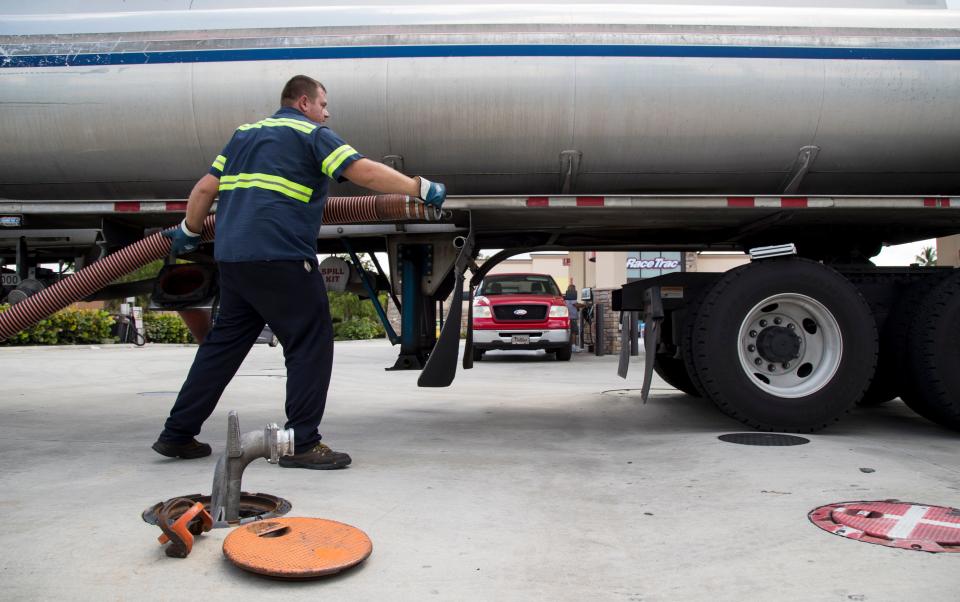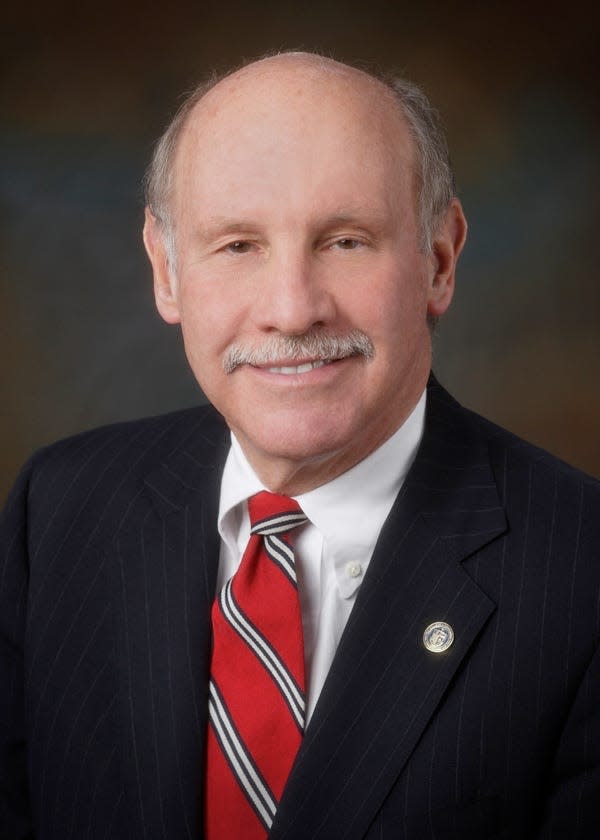American's deserve an answer to this question on gas prices

The surest way to limit the use of a product is to raise its price. It stands to reason, therefore, that those concerned with the build-up of carbon dioxide in the atmosphere should be happy that gas prices have risen.
Then why is it that when gasoline prices have gone up at their fastest pace in 40 years, that government officials have hastened to introduce policies to keep prices down? Americans deserve an answer to this question.
Drivers have responded to higher prices, and we have seen a small decrease in the number of miles driven. According to data presented by Inrix, a firm that collects “actionable data” on how vehicles and people move, the number of weekday trips fell by 2% in March. That decline, however, has been small when compared to the increase in price.
Inrix believes that the price of gas today “may be reaching a tipping point” where price will significantly alter America’s driving habits. According to Inrix, before the recent price increases, that point was about $3 a gallon. With the average price of gas today at more than $4, three dollars is now just a fond memory.
On cue, when gas prices reached $4, various government officials began to call for immediate strategies to lower them. Their rationale was that those who have no alternative to get to their jobs or to transport their children have what economists call an “inelastic demand” for gasoline because the amount of gas they use is reduced as its price rises.
President Joe Biden, who wants to be seen as trying to ameliorate the problem, announced that he plans to release 50 million barrels of oil from the strategic petroleum reserve. This will in turn lead to the production of more gasoline and a reduction in its price.
This is a reasonable assumption as the greater the supply of a product, the lower its price. However, the strategic petroleum reserve currently holds 568 million barrels, down from 650 barrels in mid-November 2021 when the reserve was last tapped.
The U.S. consumes about 20 million barrels a day. Biden’s proposed release of oil would be only marginally helpful in bringing down the price at the pump. However, it a gesture that the president believed he had to make.
State governors and legislators have joined the bandwagon, suggesting they too might reduce state sales taxes on gas further lowering the price of gas to consumers. State taxes on gas average 39 cents a gallon.
Biden used a trip to corn producing Iowa to announce an increase in the amount of ethanol allowed in gasoline. Current federal regulations prohibit the sale of gasoline containing more than 10% ethanol. Substituting ethanol for petroleum in gasoline mixtures uses less oil but adds to emissions during the warm summer months.
While all this is going on, federal and state government officials continue to enforce their policies designed to reduce carbon emissions. The juxtaposition of government officials pressing for environmental policies designed to reduce driving, and hence carbon emissions, and their recent decisions to lower the price of gas, so citizens can use more of it, present an interesting dichotomy now and in the future.

Those who understand that the national policy to move toward zero emissions realize that there is no way that major reductions in carbon emissions can occur without significant increase in costs of gas. In fact, today’s price increases will only be a modicum of the increases in years to come as the costs of reducing carbon emissions soars. Similarly, the negative reaction of the public to today’s rising gas prices will be miniscule when compared to what politicians will face when inevitable future price increases occur.
Advocates argue that innovations will allow us to circumvent increases in prices for energy, agricultural products, manufactured goods and myriad other items dependent upon energy. But no amount of innovation will offset the inevitable cost spirals that will result from movement away from carbon-based energy. We need to face this inevitable situation with eyes open, realizing that no one will escape the costs to be incurred, as we address climate change.
Michael A. MacDowell is president emeritus of Misericordia University and a trustee of the Calvin K. Kazanjian Economics Foundation. He lives in Estero.
Join the conversation
Share your opinions by sending a letter to the editor (up to 200 words) to letters@gainesville.com. Letters must include the writer's full name and city of residence. Additional guidelines for submitting letters and longer guest columns can be found at bit.ly/sunopinionguidelines.
Journalism matters. Your support matters.
Get a digital subscription to the Gainesville Sun. Includes must-see content on Gainesville.com and Gatorsports.com, breaking news and updates on all your devices, and access to the eEdition. Visit www.gainesville.com/subscribenow to sign up.
This article originally appeared on Fort Myers News-Press: Michael A. MacDowell: High gas prices help fight climate change

